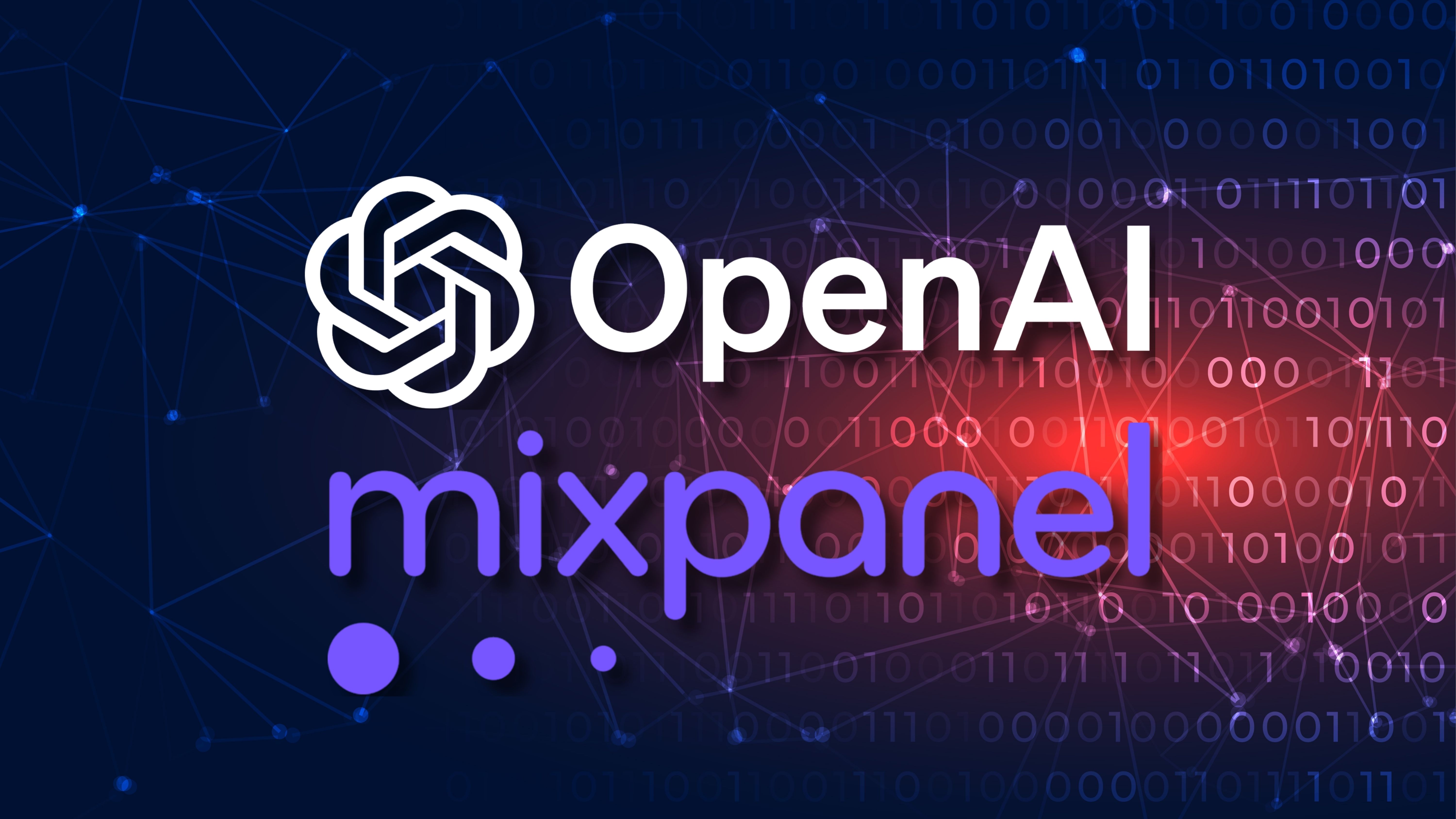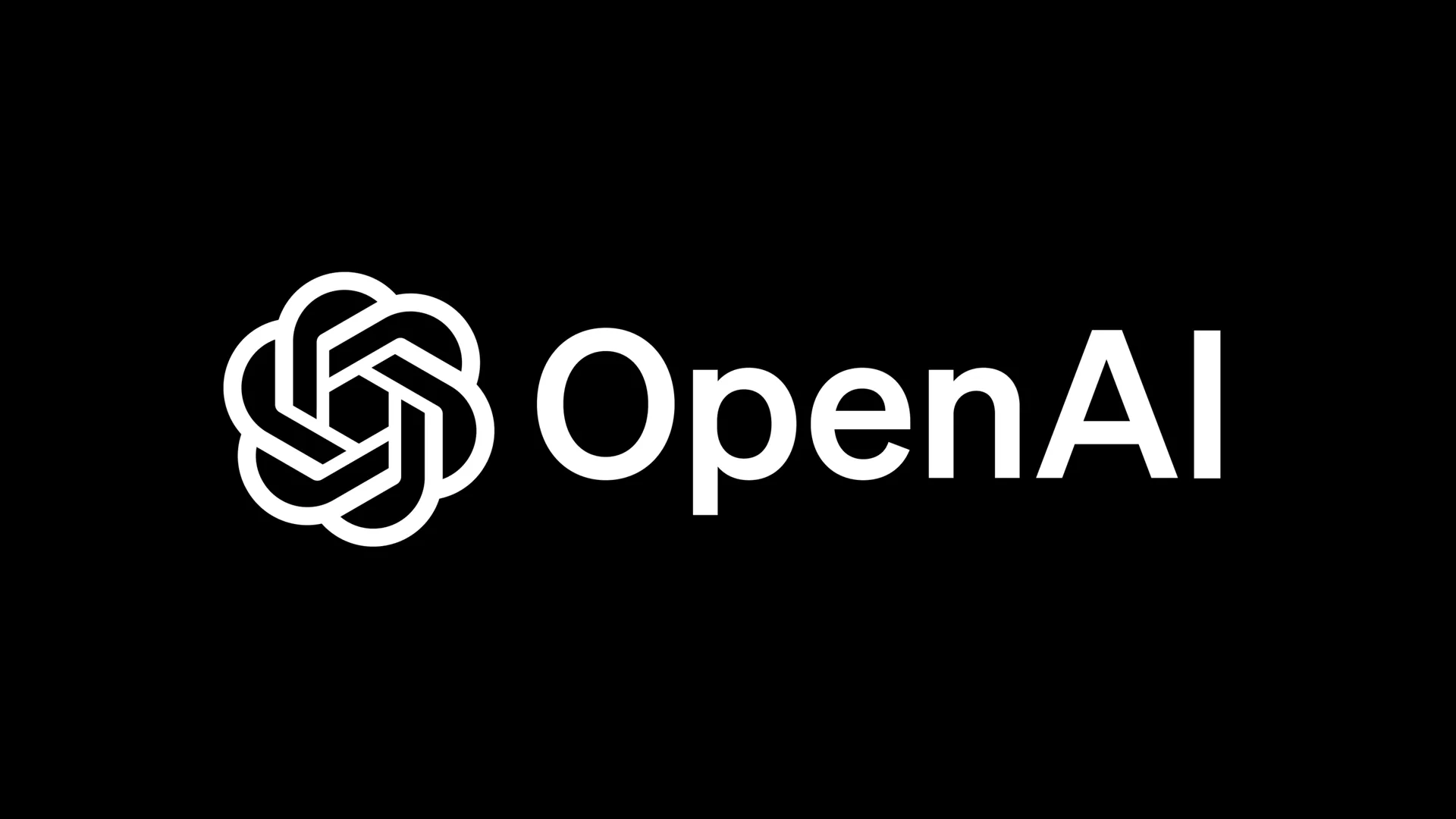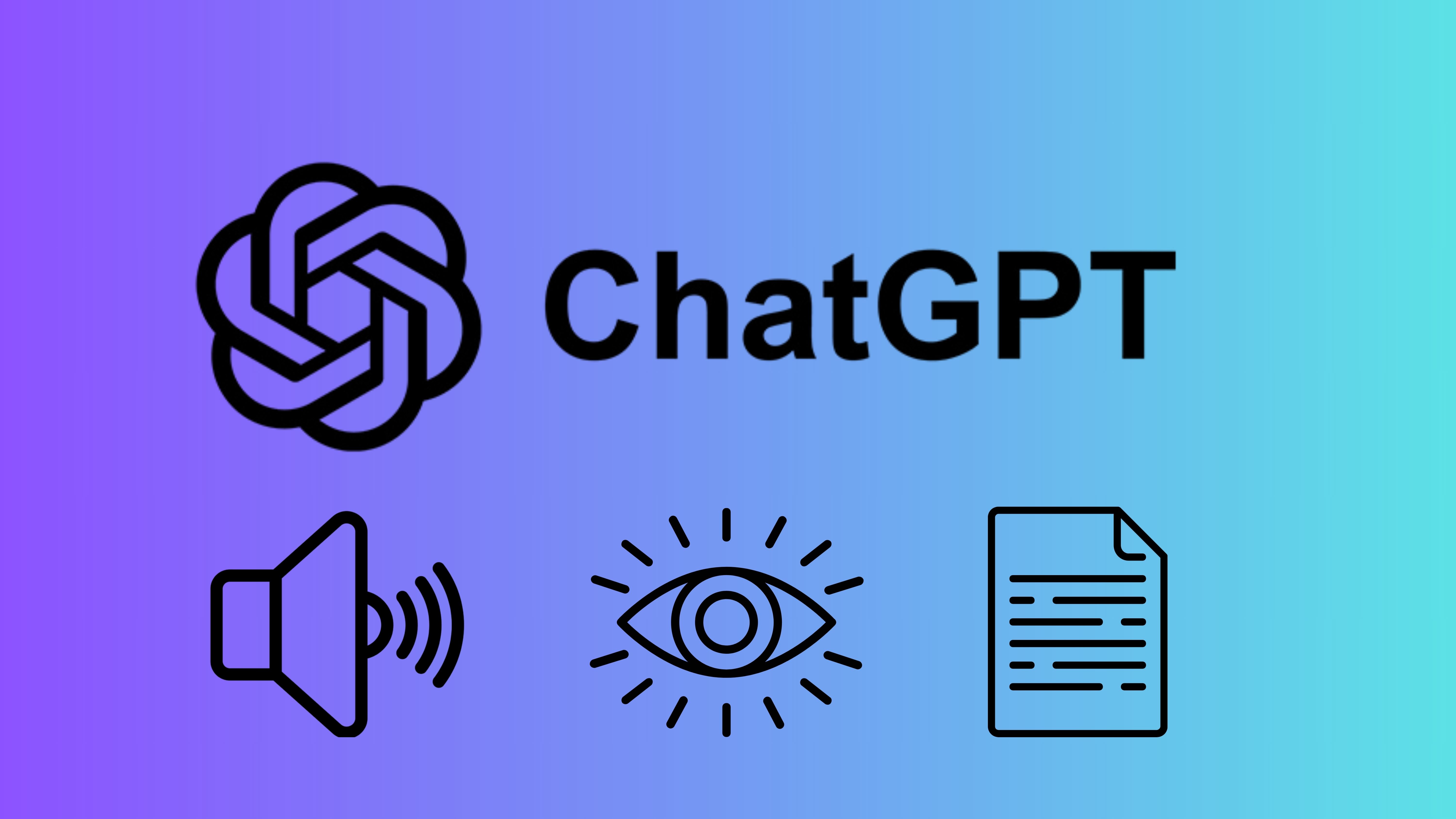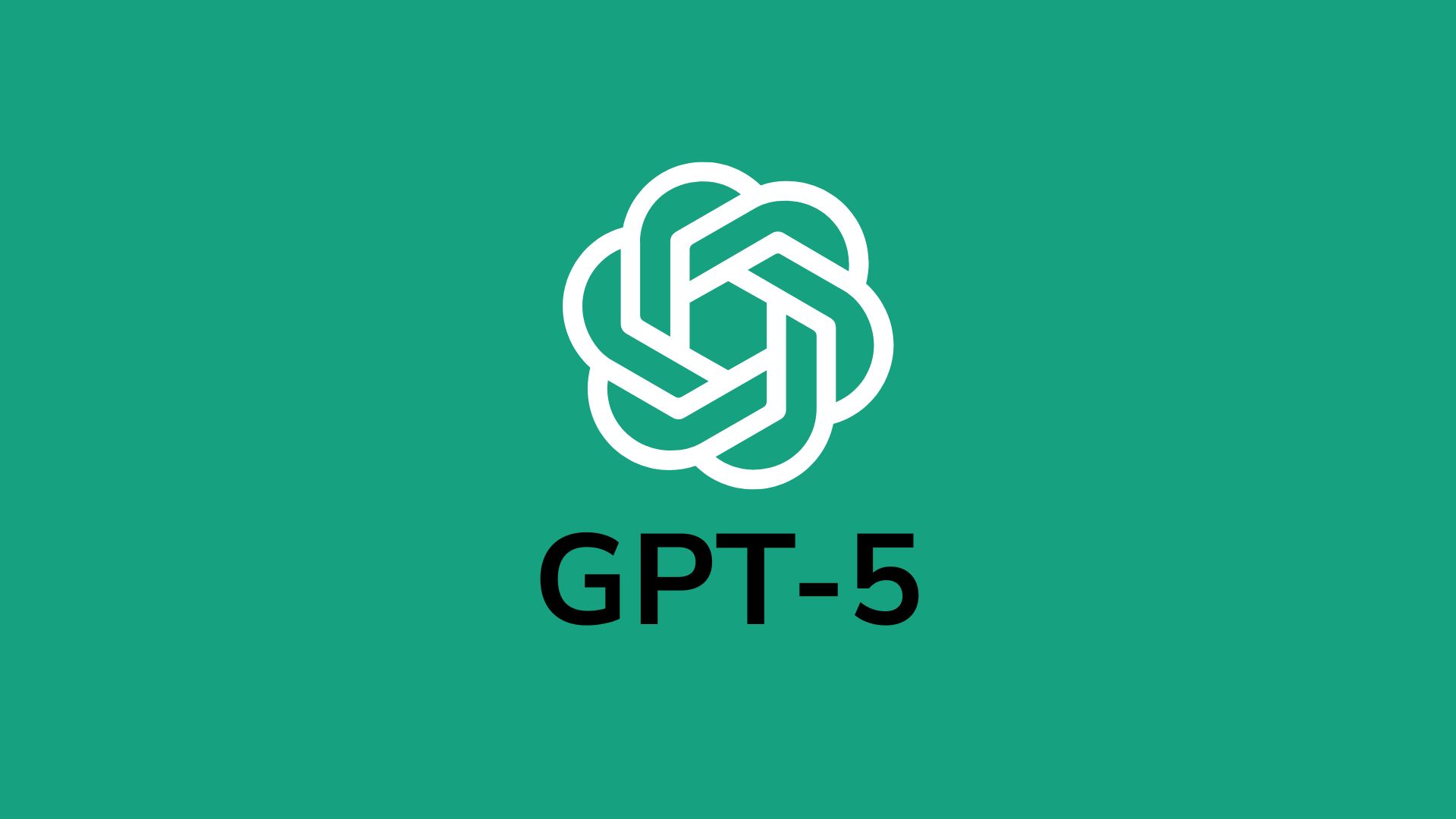A landmark ruling in Munich has put renewed pressure on AI developers, following a German court’s finding that OpenAI is liable for reproducing copyrighted song lyrics in outputs generated by GPT-4 and GPT-4o. The judges rejected OpenAI’s argument that the system merely predicts text without storing training data, stressing the long-established EU principle of technological neutrality that, regardless of the medium, vinyl, MP3, or AI output, the unauthorised reproduction of protected works remains infringement.
Because the models produced lyrics nearly identical to the originals, the court concluded that they had memorised and therefore stored copyrighted content. The ruling dismantled OpenAI’s attempt to shift responsibility to users by claiming that any copying occurs only at the output stage.
Judges found this implausible, noting that simple prompts could not have ‘accidentally’ produced full, complex song verses without the model retaining them internally. Arguments around coincidence, probability, or so-called ‘hallucinations’ were dismissed, with the court highlighting that even partially altered lyrics remain protected if their creative structure survives.
As Anita Lamprecht explains in her blog, the judgement reinforces that AI systems are not neutral tools like tape recorders but active presenters of content shaped by their architecture and training data.
A deeper issue lies beneath the legal reasoning, the nature of creativity itself. The court inferred that highly original works, which are statistically unique, force AI systems into a kind of memorisation because such material cannot be reliably reproduced through generalisation alone.
That suggests that when models encounter high-entropy, creative texts during training, they must internalise them to mimic their structure, making infringement difficult to avoid. Even if this memorisation is a technical necessity, the judges stressed that it falls outside the EU’s text and data mining exemptions.
The case signals a turning point for AI regulation. It exposes contradictions between what companies claim in court and what their internal guidelines acknowledge. OpenAI’s own model specifications describe the output of lyrics as ‘reproduction’.
As Lamprecht notes, the ruling demonstrates that traditional legal principles remain resilient even as technology shifts from physical formats to vector space. It also hints at a future where regulation must reach inside AI systems themselves, requiring architectures that are legible to the law and laws that can be enforced directly within the models.
Would you like to learn more about AI, tech and digital diplomacy? If so, ask our Diplo chatbot!









